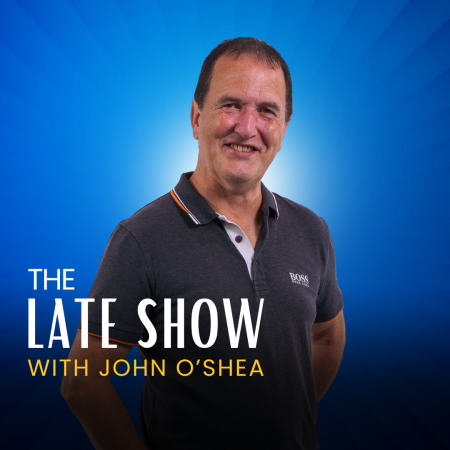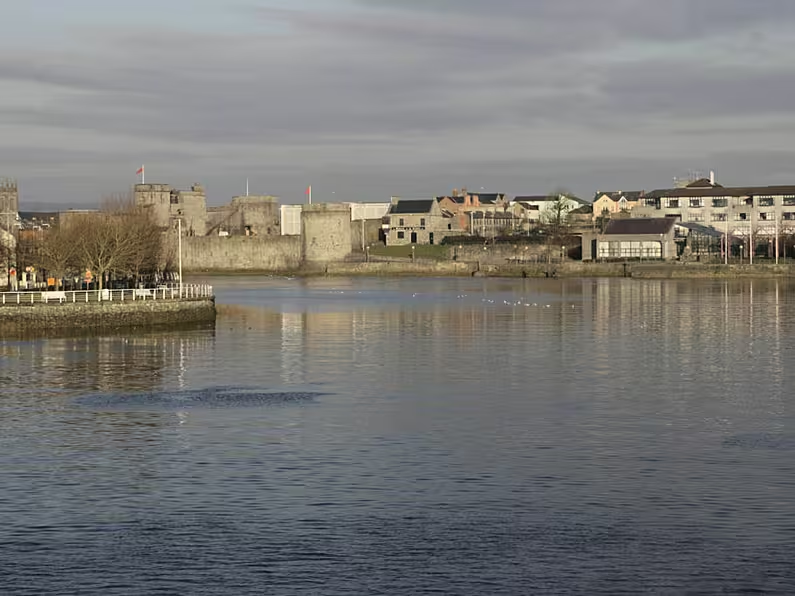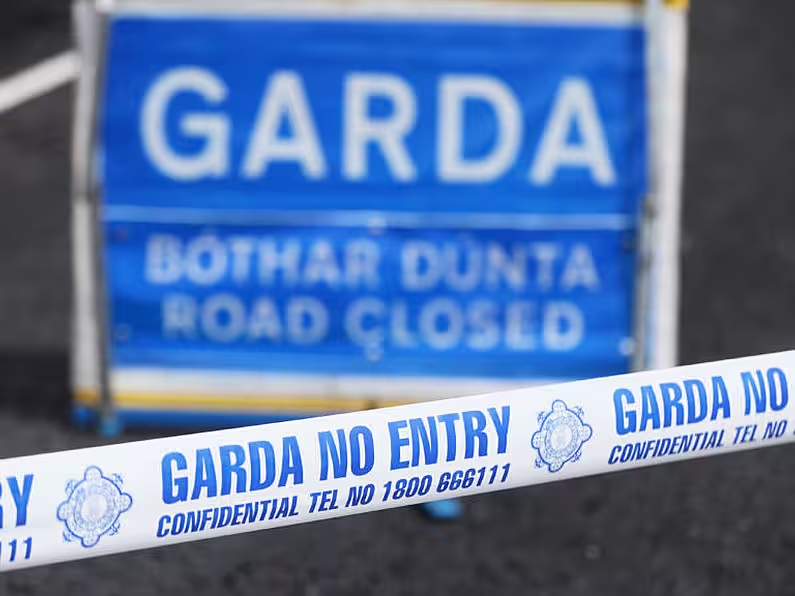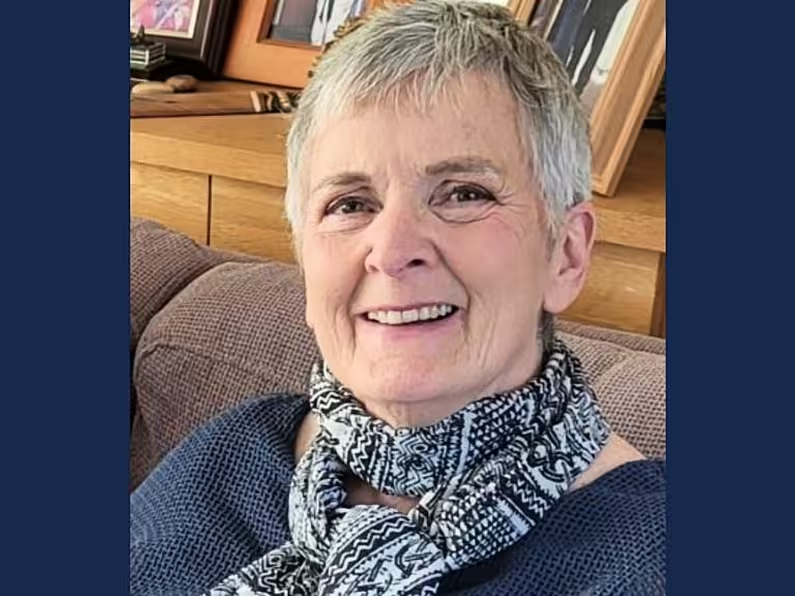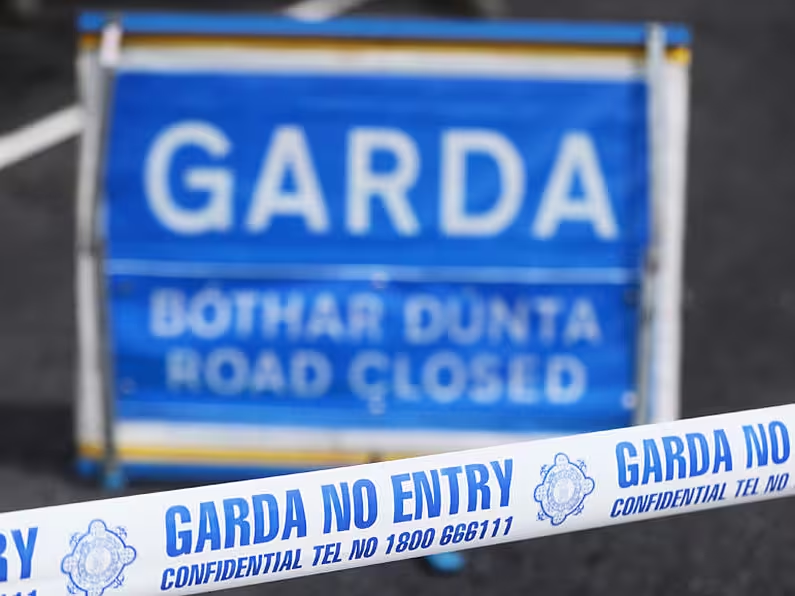
Vivienne Clarke
The HSE’s chief clinical officer, Dr Colm Henry has said that he believes the Johnson & Johnson vaccine is a good vaccine and that it should be used.
Speaking on Newstalk Breakfast, Dr Henry pointed out that both the US Food and Drugs Administration (FDA) and the European Medicines Agency (EMA) had acknowledged there were rare side effects, but he thought it should be used.
“Go ahead, it's a good vaccine, it works well, it's single use, attractive certainly for mass vaccination centres and for certain vulnerable groups,” he said.
Dr Henry said everyone hated the word 'cautious 'when it came to the easing of restrictions, however he pointed to the Irish phrase “Tá ciall ceannaithe againn”, meaning “We’ve bought sense” which is what an incremental phased opening meant.
He added the vaccination programme is having an impact, but there is "some time to come before the vaccine seeps through all those people who might be hospitalised".
Online registration will open tomorrow for people aged 64. Registration will be available for people aged 63 on Saturday, 62 on Sunday, 61 on Monday and 60 on Tuesday. You'll need your PPSN, Eircode, mobile phone number & email address to register. https://t.co/xVaA10EdWs pic.twitter.com/dIDEUGBOeI
— HSE Ireland (@HSELive) April 22, 2021
The real world evidence from Israel and particularly the UK where the AstraZeneca vaccine had been used widely, was that there was substantial protection a number of weeks after the first dose, Dr Henry added.
Speaking on the matter of blood clots, Dr Henry said it was not a surprise that a number of cases linked to the AstraZeneca vaccine had been reported in Ireland, as it was a known side effect.
“It's very rare, so it's not a surprise, we will see cases here. I have to emphasise that we're seeing strong evidence, especially from Scotland, that it has the capacity to reduce serious illness. It is much better than we wished for in the clinical trials.”
Dr Henry added that the National Immunisation Advisory Committee (Niac) was working very hard to reach a decision on the J&J vaccine.
There are brighter days ahead, we're not out of it yet, but we're making strides definitely.
"I know what factors into their decision are the supplies, how quickly we can get the vaccine out to people and that played into their decision on AstraZeneca when they felt you know there's another vaccine available that we can use, that we can get to people in good time.
"I have no doubt they will be working over the weekend and early next week to come to a decision very soon.
"There are brighter days ahead, we're not out of it yet, but we're making strides definitely," he added.
'Something has to go'
Meanwhile, Professor Tomás Ryan has warned any easing of restrictions will have to be cautious as numbers continue to be of concern.
“If we want to keep the schools open, then we need to be cautious how we open up,” the immunologist told Newstalk Breakfast.
“The reality is something has to go.”
The spread of the virus at present is happening in the 20-50 age group, he said, and while they were not likely to die, they could still spread the virus. This meant that the risk to individuals could be low, but the risk to society was high.
The vaccine rollout had “neutered” the worst effects of the virus, but hospitals and intensive care units could still be overwhelmed “if we let it rip”, warning: “we’re in a dangerous middle zone”.
It was clear now that schools were "contributing to the story”, and while everyone wanted schools open, hated restrictions and wanted a normal summer, “we can’t have everything in the real world,” Prof Ryan said.


